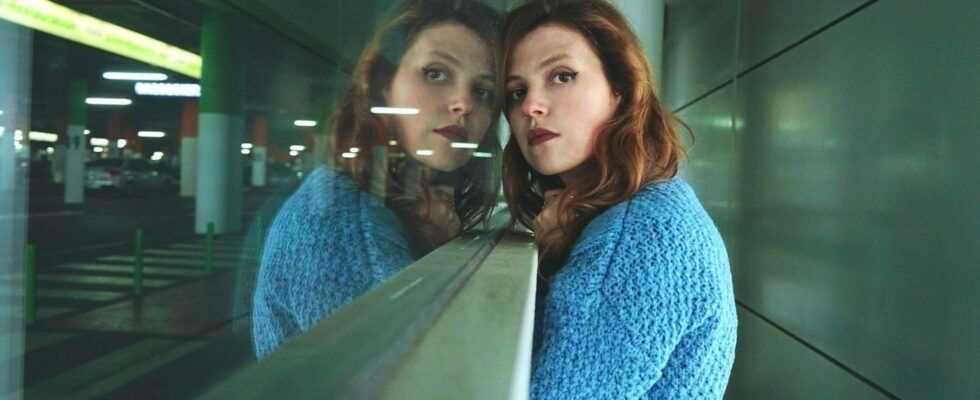Resilience expert Dr. Mirriam Prieß on the best strategies for fainting, dealing with a difficult feeling.
BRIGITTE: Helplessness is extremely uncomfortable. How do I get rid of the feeling quickly?
Dr. Mirriam Priess: That is the wrong approach. Because when you want to get rid of something, you are constantly busy. So the very first step is to accept what is. This applies to the situation in which you actually don't want to be and to the feeling that you actually don't want to have.
But only sounds simple in theory …
Of course, it's hard work and sometimes you can't do it alone. But what most of them exhaust themselves and why crises last much longer than necessary, is digging into the powerlessness by additionally starting to fight against your own negative feelings up to helplessness. It is important to admit to yourself: "Okay, I'm helpless right now. Everyone has limits." Only when I accept that can I look for solutions.
How does this acceptance succeed?
Nobody can answer that for you, because the "how" is always yourself. Each of us has different requirements, just as the situations of impotence are different. But one thing is always important: the realization that you are more than what is happening. Encounter helps. Of course, the encounter with myself, but also the encounter with people who understand and support me, and the encounter with nature or other things in which I find meaning.
Powerlessness leads to fear and despair, but also to anger or aggressiveness. Why is it how we react?
Our personality and our socialization. Women are often more desperate or sad, men are more angry. Many then do not realize that behind this feeling or aggressive behavior is actually their own helplessness. Women can often accept these more. But that doesn't mean it's easier for them to deal with. Because women often submit to helplessness instead of growing out of it.
To what extent do experiences of powerlessness that we had as children shape us?
Crucial. When we grow up knowing that we are seen and accepted for who we are, that is the basis for a good relationship with ourselves. And that is what you need in order to remain in dialogue with yourself and your feelings. If this basis is missing, if nobody stood by my side as a child, then later on I will not be able to stand by myself either. That means: the more powerless I was as a child, the more childlike my powerlessness as an adult. Maybe I'll even enjoy it. After all, those who are victims do not have to do anything. Ultimately, there is no reason to feel like a victim in adulthood. That sounds harsh. But only when I recognize my own share in a situation do I regain the power to act.
But if you are discriminated against because of your skin color or gender, aren't you really powerless?
The important thing is: if someone treats me with disrespect, that's actually not my business. The more I attract the other's disturbed posture – and of course it is sometimes a big challenge not to – the more I make myself a problem instead of leaving it with the other. As long as I am fighting what is happening to me, I am attached to it. And the longer I do that, the more of it I take in.
What does that mean in concrete terms?
I have clients who fought against disrespect on their job until they no longer had any respect for themselves. There is no point in going against something that is not mine. This does not mean that one should submit or approve of wrong things. It's about the subtleties: I respect what is, I don't fight, but I stand up. I put a healthy and clear alternative. Then I stay in the constructive, am back with myself and what I can achieve myself.
We live in uncertain times: globalization and climate change are changing our lives – and now Corona too. Are you feeling faint?
Ultimately, all of this is also done by us. Whether it is about private or social issues – people often only wake up when they feel completely helpless. Then they want to know: "How do I get out of there?" Nobody asks, "How did I get in?" Knowing what you are doing is so important. It does not solve the problem yet, but it helps to develop a different attitude and to be able to act. Powerlessness may be on the rise – all the more important that we recognize what we are producing it ourselves with.
Dr. Mirriam Priess is a doctor, psychotherapist and company coach and specializes in the issues of fear, burnout and resilience. She is the author of several books (most recently "Time to change lanes", Southwest).
Would you like to read more about the topic and exchange ideas with other women? Then take a look at the "Personality Forum" BRIGITTE community past!
Get the BRIGITTE as a subscription – with many advantages. You can order them directly here.
